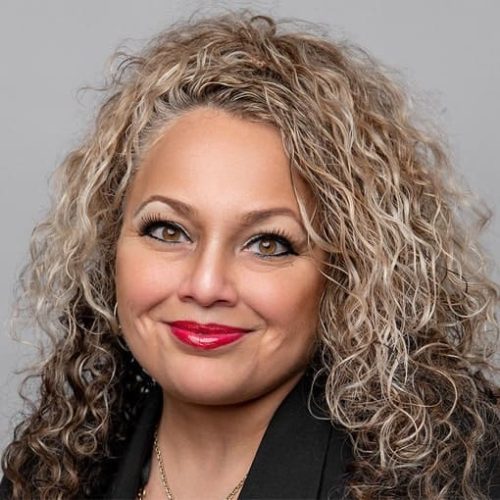
Time Needed : 60 minutes
Talking to your doctor about anxiety can feel overwhelming, but it is an important first step toward getting the support you need. Here is a step-by-step guide to help you prepare and feel more confident during the conversation. You can also reach out directy to a mental health clinician.
Step 1: Prepare Before the Appointment
Approximately 15 minutes.
Take some time to think about your symptoms, how long they have been occurring, and how they are affecting your daily life. Write down specific examples such as trouble sleeping, constant worrying, or difficulty concentrating. Keeping a journal or log for a few days before your appointment can help clarify your experience.Step 2: Be Honest and Direct
Approximately 10 minutes.
When you meet with your doctor, be clear and honest about how you are feeling. Use direct language like “I’ve been feeling anxious almost every day” or “I have trouble controlling my worries.” Your doctor is there to help, not judge, and your honesty is crucial for an accurate diagnosis.Step 3: Share the Impact on Your Life
Approximately 10 minutes.
Explain how anxiety is affecting different areas of your life, including work, school, relationships, sleep, or physical health. Mention if you’ve avoided activities or situations because of anxiety. This gives your doctor a better picture of your overall well-being.Step 4: Ask Questions About Treatment Options
Approximately 10 minutes.
Once your doctor understands your symptoms, ask about possible next steps. This could include therapy, medication, lifestyle changes, or referrals to specialists. Feel free to ask questions like “What type of treatment would you recommend for me?” or “Are there any side effects to this medication?”Step 5: Follow Up and Keep the Conversation Open
Approximately 5 minutes.
Anxiety treatment may take time, and it is important to keep your doctor informed about how things are going. Be open to follow-up visits to adjust your treatment plan if needed. If your symptoms change or new concerns arise, let your doctor know.Step 6: Reach Out to a Mental Health Professional
Approximately 10 minutes.
While your primary doctor can help, it is often helpful to speak with a licensed mental health clinician for ongoing support. Professional therapists are trained to guide you through anxiety with evidence-based strategies. AERCS Therapy offers a range of mental health services, and their team can work with you to develop a treatment plan that fits your needs. Consider reaching out to them for additional care
What if I feel embarrassed talking about anxiety?
It is completely normal to feel nervous or embarrassed, but remember that your doctor is trained to talk about mental health without judgement. Anxiety is a common medical condition, and your doctor is there to support your overall well-being, both physical and emotional.
Should I write down my symptoms before the appointment?
Yes, writing down your symptoms, how often they occur, and how they affect your daily life can help you feel more prepared and make the conversation easier. It also ensures you do not forget any important details during your appointment.
Will my doctor prescribe medication right away?
Not necessarily. Treatment for anxiety varies depending on the person. Your doctor may suggest therapy, lifestyle changes, medication, or a combination. The best approach is tailored to your specific needs, and your doctor should discuss all options with you.
What if my doctor doesn’t take my concerns seriously?
If you feel your concerns are not being addressed, you have the right to ask for a second opinion or request a referral to a mental health specialist. Your mental health is important, and you deserve to be heard and supported.
Can I see a therapist without a doctor’s referral?
Yes, in many cases you can contact a therapist directly without a referral. Services like AERCS Therapy offer direct access to licensed mental health clinicians who can help with anxiety and other mental health concerns. If you are unsure, check with your insurance provider or the clinic for referral requirements.
- Is It Normal to Feel Nervous or Anxious About Starting Anxiety Therapy?
- What Should I Do if I Run Out of Things to Talk About During Anxiety Sessions?
- How Do Therapists Structure Anxiety Therapy Sessions?
- How Long Does Anxiety Therapy Usually Last?
- How Soon Can I Expect to Feel Better After Starting Anxiety Therapy?
- How to Improve Sleep Hygiene?
- How to Practise Mindfulness?
- How to Overcome Social Anxiety?









